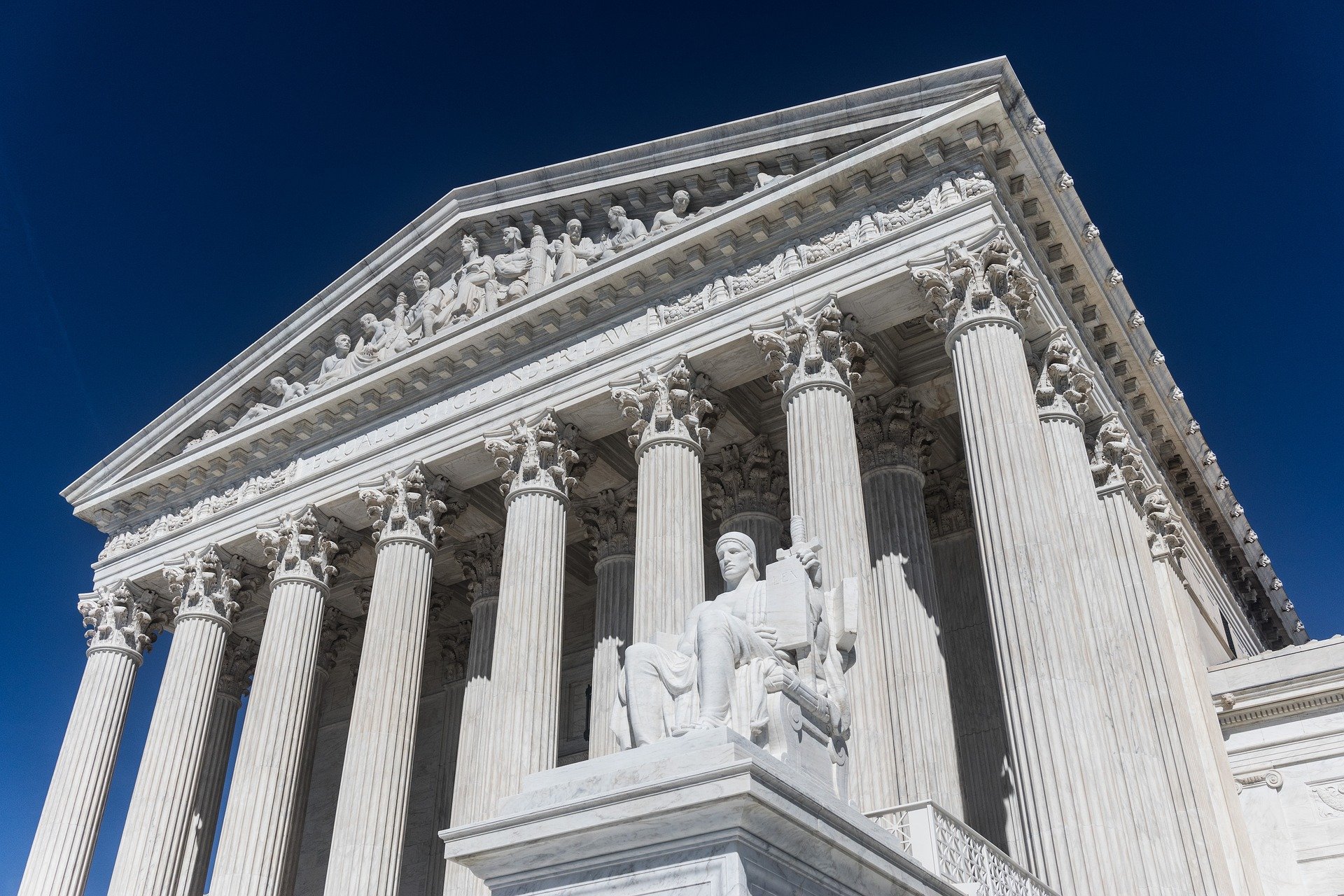Technology Giants and the Deregulatory First Amendment
Courts should prioritize the First Amendment rights of users, not technology giants.

Published by The Lawfare Institute
in Cooperation With

Silicon Valley—led by giant technology companies like Amazon, Google, Facebook, and Microsoft, which increasingly control our on- and off-line lives—used to be the poster child for the theory that the internet was an exception to the general need for government regulation. From John Perry Barlow’s libertarian declaration of the internet’s independence from “Governments of the Industrial World, you weary giants of flesh and steel,” to more measured but still emphatic arguments from technology elites and scholars, the consensus typically has been that as long as the government removed legal obstacles to the rapid growth of technology platforms—for example, by immunizing platforms against the actions of their users—Silicon Valley’s natural genius could be trusted, under the watchful eye of market forces, to innovate, scale, and generally improve people’s lives.
Despite this long-standing freedom from regulation, Silicon Valley’s regulatory exceptionalism may be coming to an end. In the news, the industry’s controversies loom just as large as its successes. From Facebook’s role in facilitating Russian meddling in the 2016 U.S. presidential election and Amazon’s increasing monopoly-like power over internet commerce, to Twitter’s controversial banning of President Donald Trump and Apple’s campaign to encrypt its way onto the wrong side of law enforcement agencies around the world, there is a growing willingness by policymakers to subject technology companies to a broader set of regulations. As Jonathan Zittrain observes, the United States is entering a new “era of digital governance,” moving “from a discourse around rights ... to one of public health, which naturally asks for a weighing of the systemic benefits or harms of a technology, and to think about what systemic interventions might curtail its apparent excesses.”
But as I argue in a recently published article, the First Amendment is likely to act as a potent tool, for good or ill, against government regulation. The First Amendment prohibition on government action that “abridg[es] the freedom of speech” has been understood to encompass two more specific prohibitions: the prohibition on government restriction of speech, and a prohibition on government compulsion of speech. As scholars have long noted, because the First Amendment’s scope is quite malleable, it is easy for companies to engage in “First Amendment opportunism” to advance their legal positions using the First Amendment: for example, that being forced to write computer code to help the government access an encrypted device is a kind of compelled speech in violation of the First Amendment. And because the core business of all leading technology companies is the facilitation of communication via computer code, the First Amendment presents plausible deregulatory arguments across a variety of policy areas. For these reasons, technology companies are best placed to advance what some observers have called “digital Lochner”: the return of deregulatory constitutional law, but this time grounded in the digital First Amendment rather than substantive due process.
To be sure, not all deregulatory uses of the First Amendment are bad; in particular, companies can play an important role in defending the First Amendment rights of their users. But when major technology companies invoke their own First Amendment rights to resist government action intended to advance societal First Amendment values, courts should be highly skeptical. I use the ongoing controversy over Florida’s law limiting the moderation of social media content to illustrate a new approach to evaluating Silicon Valley’s First Amendment arguments, one that puts the rights of users and the speech interests of society front and center.
The article is available here, and I also recommend the other pieces in the symposium of which it is a part, about content moderation.



